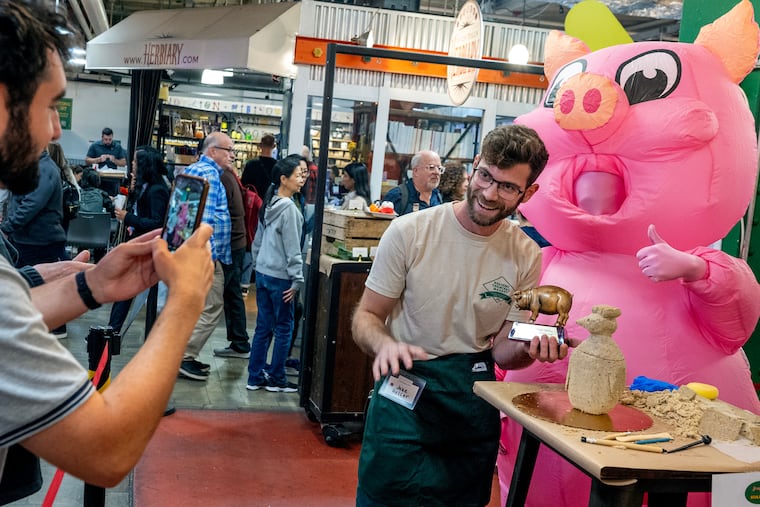India seeks to halt the auction of the Piprahwa gems due to their historical significance and cultural heritage.

The Indian government has expressed strong opposition to an impending auction of ancient Indian gems, issuing a legal notice to halt what it describes as the “unethical” sale of these significant relics. The gems, associated with the historical figure of the Buddha, are regarded by officials as vital pieces of the cultural and religious heritage of both India and the global Buddhist community.
In a statement released by New Delhi’s Ministry of Culture, the planned auction of the Piprahwa gems in Hong Kong on Wednesday was condemned for allegedly violating Indian and international laws, as well as United Nations conventions. The ministry has called for the gems to be repatriated to India for preservation and to allow for proper religious veneration.
The legal notice was directed to the Sotheby’s auction house and Chris Peppe, one of the heirs to William Claxton Peppe, a British colonial landowner who discovered the gems during an excavation in India in 1898. According to the Ministry of Culture, Peppe, who currently resides in Los Angeles as a television director, lacks the entitlement to sell the relics. The ministry further accused Sotheby’s of perpetuating colonial exploitation by facilitating this sale.
Described by Sotheby’s as one of the most remarkable archaeological discoveries of the modern era, the Piprahwa gems encompass thousands of pearls, rubies, topazes, sapphires, and intricately crafted gold jewels. These treasures were originally buried within a stupa in the Piprahwa region of what is now Uttar Pradesh, India. Historical accounts suggest that they may be mixed with the cremated remains of the Buddha, who lived approximately 2,500 years ago.
The auction has generated significant public concern and academic debate regarding the ethical implications of treating such culturally significant relics as commodities. Experts argue that these gems are not merely artifacts but rather embody the religious and cultural heritage of countless Buddhists worldwide. Commentary from Naman Ahuja, a noted art historian, has highlighted the moral questions surrounding the auction, asking whether such relics can ethically be sold.
Indian authorities have urged both Sotheby’s and Chris Peppe to cancel the auction, offer a public apology to Buddhists globally, and provide a detailed provenance of the gems. The ministry has signaled its intent to pursue legal action in Indian and Hong Kong courts, emphasizing the need for accountability in cultural heritage matters.
The discourse around the auction underscores broader conversations regarding the return of cultural artifacts to their countries of origin and the continued impact of colonial-era practices on contemporary cultural exchanges. As many around the world emphasize the importance of respecting and honoring cultural heritage, the situation surrounding the Piprahwa gems serves as a poignant reminder of the need for sensitivity and ethical stewardship of historical treasures.
#CultureNews #MiddleEastNews






